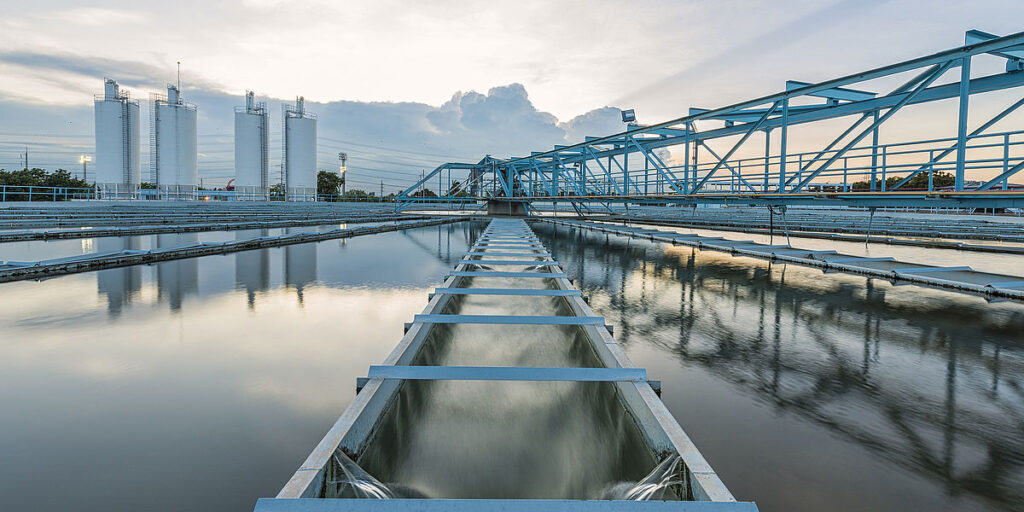

BLOG
Why is the dewatering of sludge important?
Why is the dewatering of sludge important?
16 August 2023
In the realm of wastewater treatment, an essential step often goes unnoticed but holds significant importance: sludge dewatering. In this blog, we will delve into why the dewatering of sludge is crucial and how it plays a pivotal role in effective waste management. Join us as we uncover the reasons behind this process and its impact on maintaining a cleaner and more sustainable environment.
Understanding Sludge Dewatering:
Sludge dewatering is the process of reducing the moisture content in wastewater treatment sludge, transforming it from a liquid or semi-liquid state to a solid one. This step is undertaken to minimize the volume of sludge, making it easier to handle, transport, and dispose of.

The Importance of Sludge Dewatering:
1. Volume Reduction:
The primary goal of sludge dewatering is to reduce the volume of sludge. By removing excess water, the sludge becomes denser and occupies less space. This reduction leads to lower transportation and disposal costs.
2. Ease of Handling:
Dewatered sludge is less messy and easier to handle than its wet counterpart. It's more convenient to load, transport, and store, which contributes to a smoother waste management process.
3. Enhanced Efficiency:
Dewatering reduces the weight and volume of sludge, allowing treatment facilities to process larger quantities of waste within the same infrastructure. This efficiency is crucial, especially in densely populated areas.
4. Reduced Environmental Impact:
Efficient sludge dewatering minimizes the need for additional disposal sites, reducing the environmental footprint. It also lowers the risk of contaminating water bodies due to improper sludge disposal.
5. Resource Recovery:
Dewatering can facilitate the recovery of valuable resources from sludge, such as organic matter and nutrients, which can be repurposed for agricultural or energy applications.
The Dewatering Process:
Several techniques are used for sludge dewatering, including mechanical methods like centrifuges and filter presses, as well as more advanced technologies like sludge drying beds and belt filter presses. Each method aims to separate water from sludge efficiently.
Conclusion:
Sludge dewatering might seem like a small step in wastewater treatment, but its significance cannot be underestimated. By reducing sludge volume, improving handling, and enhancing waste management efficiency, this process contributes to a cleaner environment and more sustainable practices. As we strive for better waste management strategies, understanding the importance of sludge dewatering becomes crucial in building a greener future for generations to come.



